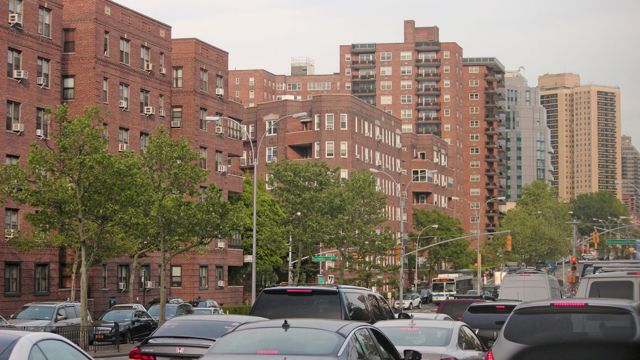At the start of the new year, January 1, 2025, cooperatives and their managing agents will be required to handle the purchaser applications process differently under Local Law § 24, adopted in December 2023. Local Law § 24, or the Fair Chance Housing Act, Intro 632-A (the “Act”), states that a housing provider can choose not to do a background check at all and be shielded from liability.
If the provider opts to do a background check, they must begin by reviewing all relevant factors except for criminal history (for example, credit score, income, tenant history, pets, etc.)
The Act “establishes a lookback window that allows for background checks going back 3 years for misdemeanors and 5 years for felonies, with exceptions for sex crimes, which are the only convictions the housing provider can still legally consider.
“The past shouldn’t limit your future”
The Act is not intended to create a “free-for-all,” no consequences city, but rather is acknowledging the severe, long-term effects a record can have. For example, consider what constitutes a misdemeanor in New York – anything from fortune telling or possession of graffiti instruments to unlawfully posting advertisements, along with others that range in severity.
Some go largely unenforced. But many, even if committed as a juvenile, do remain on certain records long after they occurred.

According to the Act’s website, the law was enacted to end discrimination against the 750,000+ NYC residents who are not finding housing opportunities. In a striking finding, the FAQs of the Act note that 80% of NYC residents who are Black or Latinx and 79% of formerly incarcerated people have reported being denied housing in some form, prompting the execution of this law to be filed.
The Act lays the groundwork for building a successful life despite a record – that may, after all, be for something as small as a misdemeanor – as permanent housing has been shown to lower recidivism rates.
New HSR Notification Rules: How the FTC is Shaping Antitrust Enforcement
Besides providing equal and fair housing opportunities, the Act also requires housing providers to inform the applicant a background check is being conducted and must give information on Local Law § 24. Applicants who have been convicted of a felony or misdemeanor within the window period can submit supplemental information within 5 days of receiving their background check to prove error or rehabilitation.
Housing providers who still reject applicants must give a written explanation on how the criminal history affected this decision and why any supplemental materials were not supportive.
Applicants who believe they were wrongly denied housing because the housing provider illegally discriminated against them have two options:
- File a complaint with the NYC Commission on Human Rights
- File a private lawsuit
The new law may “require the housing provider to change their policies, provide compensation, or pay a penalty.” To avoid errors that could result in legal action, penalties or fines, it is important that clear policies be in place before the law takes effect on Jan. 1, 2025.




